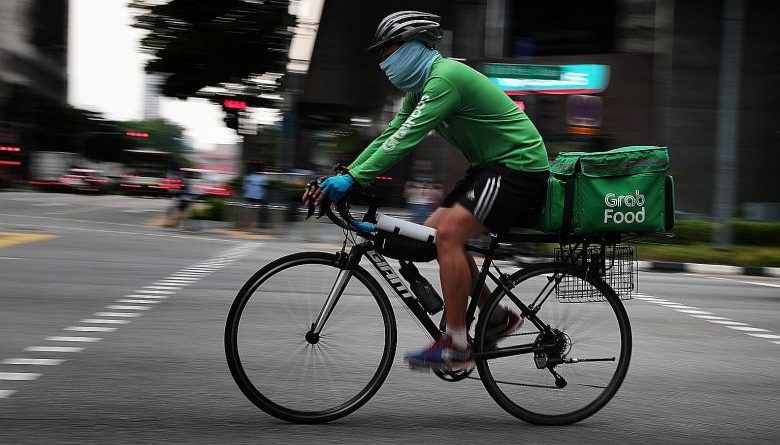Malaysia. Better social protection needed for delivery riders, gig workers, says MP
Those in the informal sector, particularly delivery riders, need better social protection as they are among the hardest hit by the Covid-19 pandemic.
DAP’s Charles Santiago laments the plight of these frontliners whom he says have yet to be given the required support from the government.
“Food delivery services gained prominence during the Covid-19 crisis. Young men and women on motorcycles deliver food and other household products to the doorsteps of our homes. They are frontliners of sorts.
“They work under vulnerable conditions and suffer from a lack of comprehensive social protection mechanism while at work,” he said.
In a statement, the Klang MP said the government must work with employers to establish a sustainable protection system to effectively cushion these workers during times of crisis.
He said 30 delivery riders were reported to have died on the job last year, with a further 150 injured between March and June.
He called the recent fatal accident involving a 31-year-old GrabFood rider a “wake-up call” on the issue of the vulnerable position of informal workers, many of whom are ineligible to receive employee benefits from their companies.
With 40% of the Malaysian workforce in the informal sector, making up about 5.9 million people, Santiago said more must be done to ensure they receive adequate worker protection. This sector includes freelancers, gig workers, those paid in cash and other similar workers.
He said it must be made compulsory for employers to provide minimum wage, insurance coverage, Employees Provident Fund (EPF) deductions and Socso coverage to such workers.
The government also needed to include these informal workers in the national social protection system to ensure they have access to the Employment Insurance Scheme (EIS), accident and health insurance, as well as retirement savings.
Though EPF and Socso allow voluntary contributions under special schemes, Santiago said, these are just part of the solution towards providing greater overall protection.
He noted that Gojek, an Indonesian technology giant similar in function to Grab, has partnered with Gigacover in Singapore to allow their drivers to enjoy earnings protection and cover for medical leave and hospitalisation.
“This shows that there is an avenue towards the successful implementation of such protection. Malaysia must do more for gig workers and so should their employers.
“Both must recognise that informal workers were the hardest hit during the crisis but continue to be left behind in terms of state support,” he said.
Read More @Free Malaysia Today











